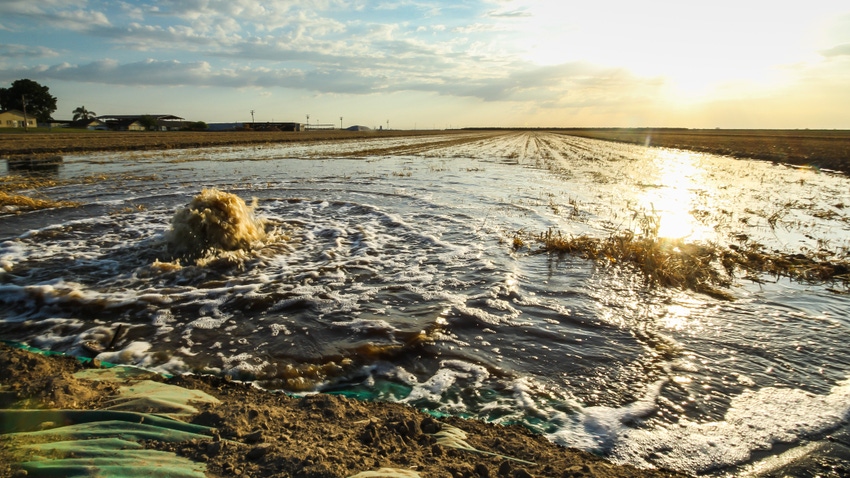May 16, 2024

Taking the U.S. Fish and Wildlife Service (FWS) at its word to employ a “robust public engagement process”, a coalition of over a dozen national and state farm and water organizations have engaged the agency on its proposal to list the northwestern and southwestern pond turtles under the federal Endangered Species Act (ESA).
The litigious Center for Biological Diversity has been pushing for stronger protection for the pond turtles for over a decade.
The proposed listing of the turtle could potentially impact producers and water managers in California, Nevada, Oregon and Washington.
FWS earlier this year extended a public comment period on its proposal to add the Western Pond Turtle to the list of “threatened” ESA-protected species until May 5.
A “threatened” status means a species is likely to become endangered in the foreseeable future and could lead to regulations limiting some activities that might harm the reptiles, like draining ponds or impacting nesting habitat.
There definitely appears to be a downward trajectory in numbers for some parts of the turtle’s range. Some wildlife biologists suspect this could be related to the generational Western drought and exacerbated by “flow-centric” water policies driven by federal policies that do not value putting water on the landscape. For example, millions of acre-feet of stored water in the past decade have been directed away from farmland and flushed out to the sea to “protect” delta smelt in California and coho salmon on the Klamath River.
Global trafficking is also a major issue because turtles are kept as pets, eaten by people as food, and their shells are made into traditional Chinese medicine.
The Family Farm Alliance and over a dozen other organizations from four states sent a letter earlier this month to FWS on the agency’s proposed turtle listing. Among other things, our coalition letter emphasized the importance of the 4(d) rule proposed for the turtle. ESA Section 4(d) provides for the conservation of a threatened species by tailoring protections to those needed to prevent further decline and facilitate recovery.
Right now, stock ponds are in the draft 4(d) rule, because they provide good habitat for the turtle. This means that the proposed rule includes an exemption for routine maintenance of stock ponds, which is a good thing. However, we believe that similar coverage should be provided for operation and maintenance of irrigation delivery and drainage systems. The coalition’s comment letter to FWS proposed ideas for shaping a 4(d) rule in ways that underscores the importance of irrigation, drainage and farming and ranching practices to the turtles.
Our coalition believes that expanding the 4(d) rule provides an opportunity to celebrate irrigated agriculture and sends a message that farming is not harmful to the species.
Farmers, ranchers, and constructive conservationists know that in many parts of the West, agriculture, hydrology and wildlife habitat are linked.
Perhaps the proposed listing of the turtle could actually provide another opportunity to further emphasize the value of Western irrigated agriculture to wildlife.
[Dan Keppen is executive director of the Family Farm Alliance.]
About the Author(s)
You May Also Like




